Learning the Irish Language? A Waste of Your Time?
Have you ever thought of trying to learn the Irish language? I know that many of our readers and Green Room members often wish to learn a few words of Irish before visiting this island. And learning some words of Irish is the subject of today’s letter.
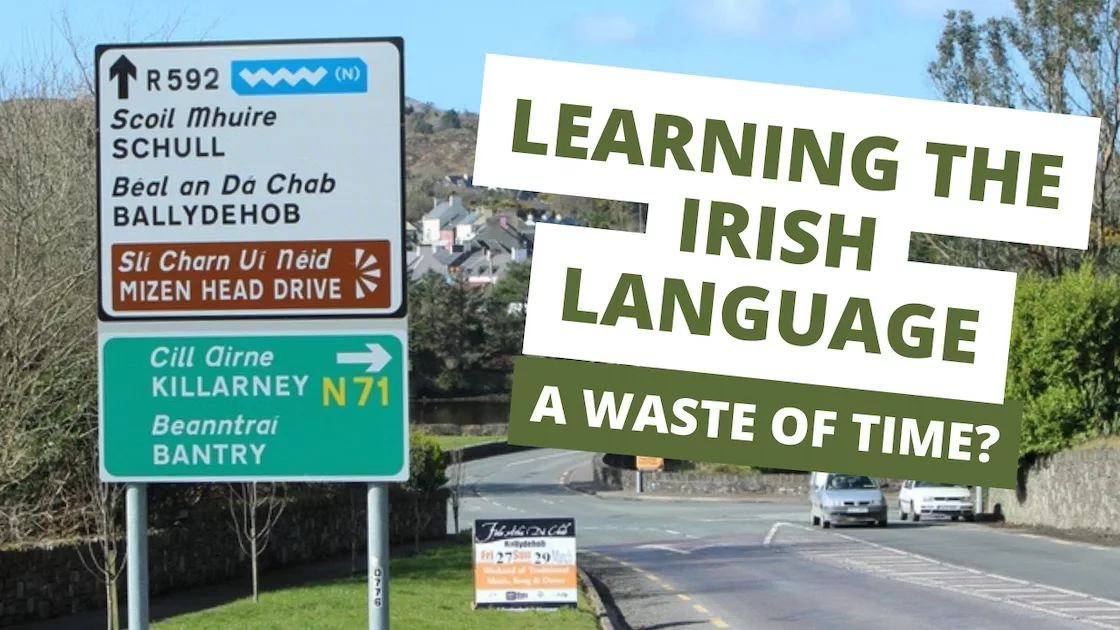
Céad Míle Fáilte and welcome to your Letter from Ireland. The equinox occurred last week and there was a definite jump in temperature here in Ireland with the first leaves appearing on the trees. What a welcome sign! How are things in your part of the world today?
I’m sipping on a cup of Barry’s tea as I write – and hope you’ll join me with a cup of whatever you fancy as we start into today’s letter.
Learning the Irish Language – A Waste of Your Time?
I tuned into a conversation about learning the Irish language in our Green Room recently. One member had attempted to learn a few Irish sentences using a popular free language app. However, she was soon frustrated when she commented:
“I had used Duolingo for a while, but don’t feel it really teaches the language. Will you really ever need to say “Did you give the peach to the turtle?”
I have to agree with you there – there are very few use cases in Ireland for that particular sentence! However, I think it’s important to remind ourselves that the English language is understood by EVERYONE in Ireland. This means your motivation for learning the Irish language is fundamentally different to learning other languages such as Spanish – which you both need to speak (at least at a basic level) to make your way in many parts of the Spanish-speaking world.
So, why learn some phrases in the Irish language at all?
I think it’s important to do so for different reasons. I believe that when you contort your mouth, tongue and brain in the necessary directions to pronounce Irish words and phrases you tune into how our Irish ancestors saw the world around them and how they interacted with each other.
I agree that learning how to say “Did you give the peach to the turtle?” in Irish may be laughable for everyday use. However, understanding and pronouncing many of the Irish words that are buried deep in our place names, first names and surnames can give you a genuine sense of satisfaction and connection to the language spoken by your Irish ancestors. When you next travel in Ireland you’ll smile to yourself as you spot place names written in Irish on our roadsigns and have lots of fun pronouncing them. You might even surprise one or two of the locals!
Let’s Take Some Examples
Let’s use Irish place names to illustrate how Irish words are behind the formation of many of our place names.
“Eo” in Irish (pronounce “yo” in English”) translates as a Yew tree. This is an ancient tree in Ireland and named long before the English language came to Ireland. As a result “Eo” was absorbed into many place names. For example:
“Eo” and “Caill” together mean “Yew Wood” in English. “Eo-chaill” – pronounced “Yo-quill” – was anglised as “Youghal”. This is the name of a town in county Cork which is pronounced as “Yawl” locally.
Let’s Take Another Example:
There is a village in the west of Ireland known as “Maigh” (meaning “Plain” and pronounced “May”) “Eo” (we already know that “Eo” means Yew tree). So the village called “Maigh Eo” translated as “Plain of the Yew Trees” in English. When a county was formed around it, the administration took the name of this village as the overall county name – “Maigh Eo” – which became known as County “Mayo” in English.
A Final Example:
The Irish name “Eoghan” (pronounced Owen). You’ll notice the “Eo” in the beginning of this name and you may guess there is a connection with a Yew tree. You would be right! “Eoghan” means “born of the Yew tree” and was a popular boy’s name in Ireland. In fact, one area in Ulster became known as the “land of Eoghan” which is “Tir Eoghain” in Irish. This area later became a county known as the similar sounding “Tyrone” in English. Tyrone even went on to become a popular boy’s name in English!
See what fun you can have with Irish – even when you stick to just Irish place names? Next time you are in Ireland, pay attention to those road signs that give both the English and Irish version of the place names – learn some of our pronunciation rules – and have a go at shouting them out in Irish!
That’s it for this week. As always, feel free to share the surnames and stories in your own Irish family tree.
Slán for now – or “Slán go fóill” (pronounced “slawn gu foal”),
Mike.


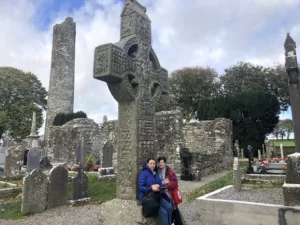
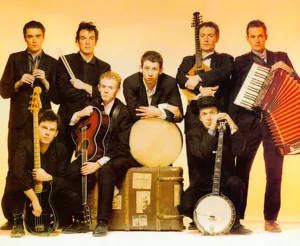
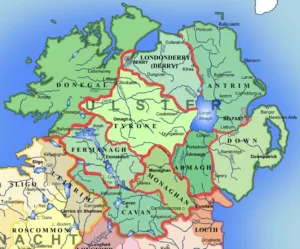
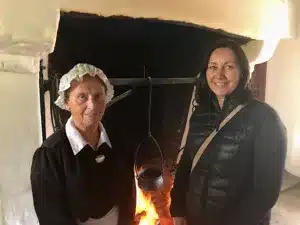
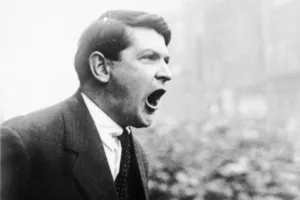
Only Plus Members can comment - Join Now
If you already have an account sign in here.